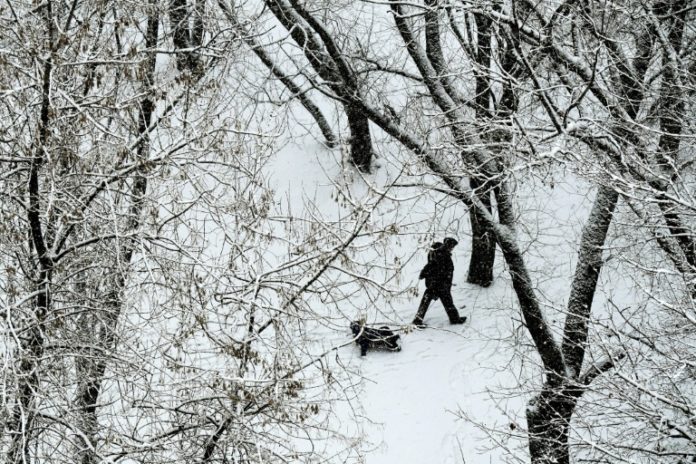MOSCOW, Jan 5, 2020 (BSS/AFP) – The Russian government has published a
plan to adapt the economy and population to climate change, aiming to
mitigate damage but also “use the advantages” of warmer temperatures.
The document, published on the government website on Saturday, outlines a
plan of action and admits that “consequences of (climate) change have a
prominent and increasing effect on socio-economic development, people’s
lives,” health and industry.
Russia is warming 2.5 times quicker than the planet on average, and the
two-year “first stage” plan is an indication that the government officially
recognises this as a problem, even though President Vladimir Putin denies it
is man-made.
The plan is needed in order to “lower the losses and use the advangages”.
It says climate change increases risks to public health and permafrost, of
infections, turbulent weather and will have consequences for other species.
Possible “positive” effects are decreased energy use in cold regions,
expanding agricultural areas and navigational opportunities in the Arctic
ocean.
The document lays the groundwork for various agencies and stresses the need
for more research on economic vulnerabilities, without detailing financing.
It lists preventive measures such as dam building or switching to more
drought-resistant crops, as well as crisis preparations including emergency
vaccinations or evacuations in case of a disaster.
Among a list of 30 measures, the government will calculate risks of Russian
products becoming uncompetitive and failing to meet new climate-related
standards as well as prepare new educational materials to teach climate
change in schools.
Russia is one of the most vulnerable countries to climate change, with vast
Arctic regions and infrastructure built over permafrost. Recent floods and
wildfires have been among the planet’s worst climate-related disasters.
Putin has repeatedly denied scientific consensus that climate change is
primarily caused by man-made emissions, blaming it last month on some
“processes in the universe”.



